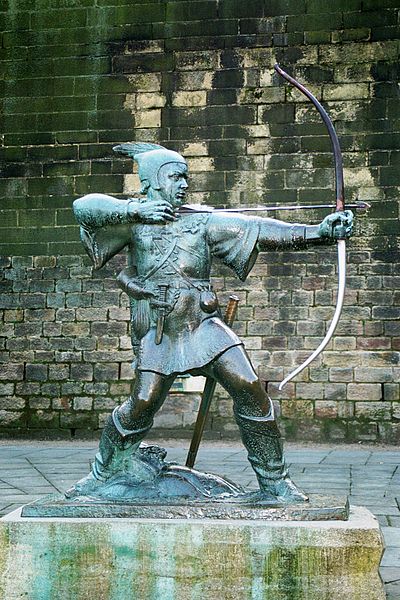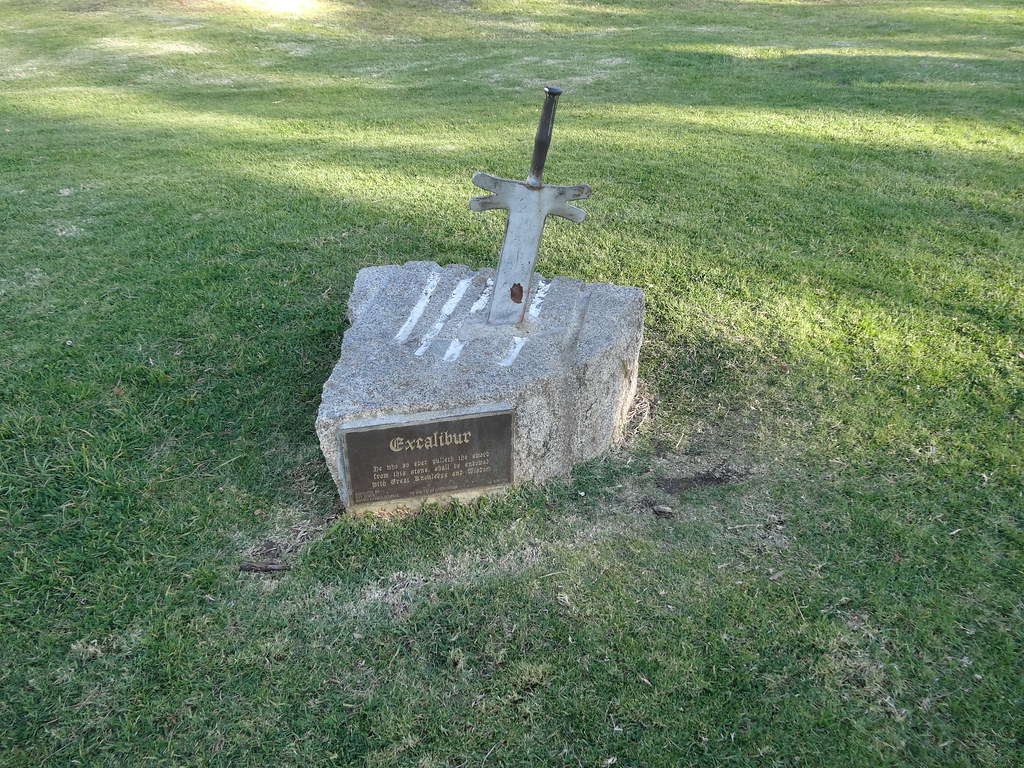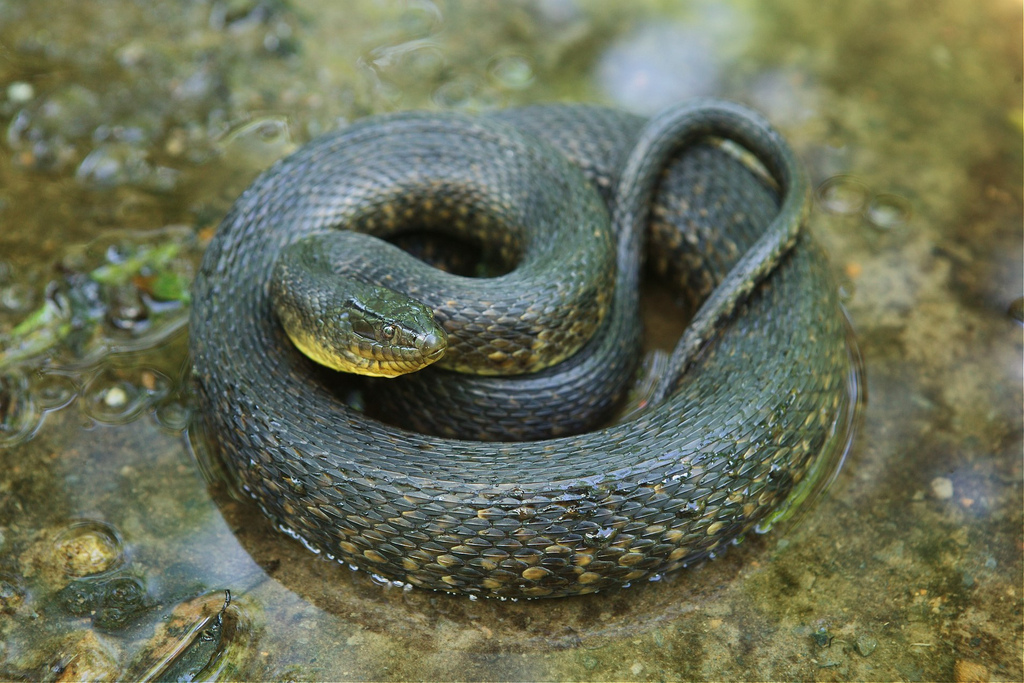When Uther Pendragon died, he left no heir to take the crown of Britain.
The knights of the land all fought for his throne, forsaking their people in order to vie for power.
But in secret, Uther had left an heir behind. Arthur Pendragon, who had been spirited away at Uther's behest before his death. He had not wished for his son to be put at risk by power-hungry nobles and knights, instead having Merlin send Arthur to be raised by a good-hearted knight by the name of Ector.
Years passed, and the fights over the throne started to move from those of words to those of violence. In order to prevent blood from being spilled, Merlin summoned all the lords and gentlemen of Britain to London. There, he presented to them a sword, one trapped inside a bar of steel that rested on top of a stone.
"Whoso pulleth out this sword is by right of birth King of England."
These were both the words he spoke to them, and the words inscribed upon the stone.
Many tried to pull the sword, but all failed. Despite these failures, the knights decided that any man had a right to try to win the sword, and held a tournament. Sir Ector came to the tournament, and he brought both of his sons: Kay and Arthur.
Arthur had not been kept unaware of his birthright, and while he was not an ill-hearted boy, there was an arrogance and superiority that this knowledge had caused in him. He did not wish to have power for its own sake, but believed that it was his birthright to guide England. Upon hearing of the sword, Arthur took advantage of the tournament to make his way to the square. All others were at the tournament, and so none were there to stop him from grasping the sword. With all of his strength, Arthur pulled-
-and the sword did not budge. Stunned, Arthur tried once more. And again. And again, and again, until he was red in the face and breathless from exertion.
But the result did not change. The sword in the stone, the proof for whosoever would become king, did not move for Arthur Pendragon.
In a daze, Arthur left to go to his brother Kay.
---------------------------------------------
Later that evening, the sword was still unattended. The tournament was wrapping up nearby, and various people walked through the square, finishing up their tasks for the day and returning home.
A scream came from an alley, and frightful glances went in the direction of its source. However, no one moved to help. They did not have the strength to help, nor the courage.
Except one boy did. Artus, the son of a peasant and with nothing else to his name, knew nothing about fighting. He knew nothing about swords, or kings, or even about knights. But what he did know is that someone needed help, and the only weapon he could see was a sword sheathed in a stone.
Without hesitation, he grasped the handle of the sword and lifted it with ease.
Ignoring the gasps of those around him, Artus dashed to where the scream had come from, coming across a noble's soldier intimidating a farmer.
Without a word, Artus moved between them, aiming the sword inelegantly at the soldier. He knew he could not win, but protected the farmer regardless.
Instead of death, a stunned stare from the soldier greeted him. The soldier recognized the sword Artus held, as his lord had failed to pull it from the stone.
Artus was surprised at this, but even more so when the soldier and the farmer both knelt to him. All the other people of the town, having followed when they saw him rush off, knelt as well.
"Hail, our new king!"
--------------------------
Author's Note:
In the original tale, Arthur Pendragon is the rightful king of Britain. He is unaware of his identity, and pulls the sword from the stone when looking for a replacement sword for Kay's after Kay forgets his sword. While I like the tales of King Arthur, I like the idea that the sword would choose someone based on whether or not they deserve to be king rather than a birthright. Therefore I created Artus, whose personality is that of someone who protects those in need, and changed Arthur to be aware of his birthright, becoming slightly arrogant because of it and intentionally trying to pull the sword and become king.
Bibliography: The Drawing of the Sword from King Arthur: Tales of the Round Table by Andrew Lang.
Web Source.
Image: Excalibur Sword in Stone among the Celtic Standing Stones at Glen Innes New England by denisbin on flickr.
Web Source.









